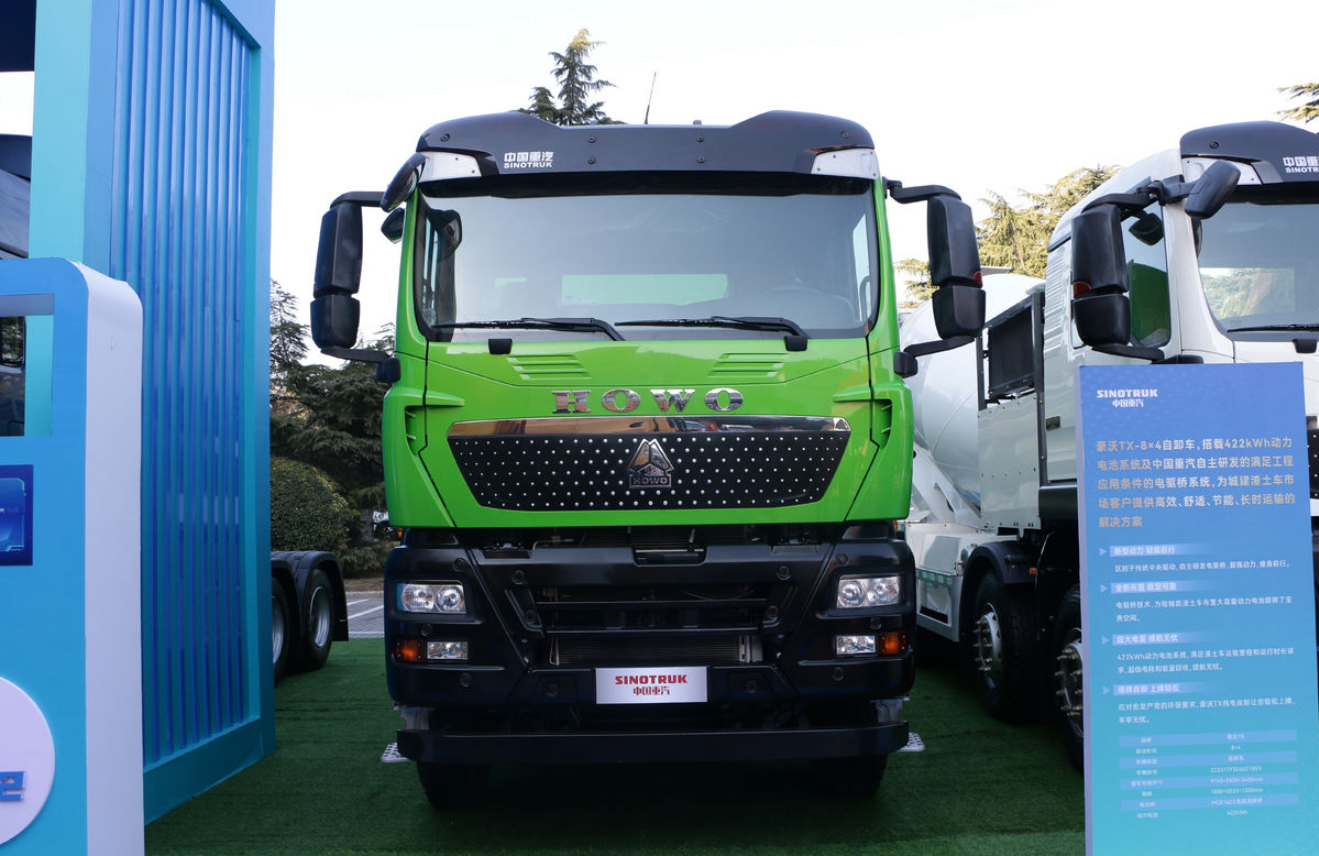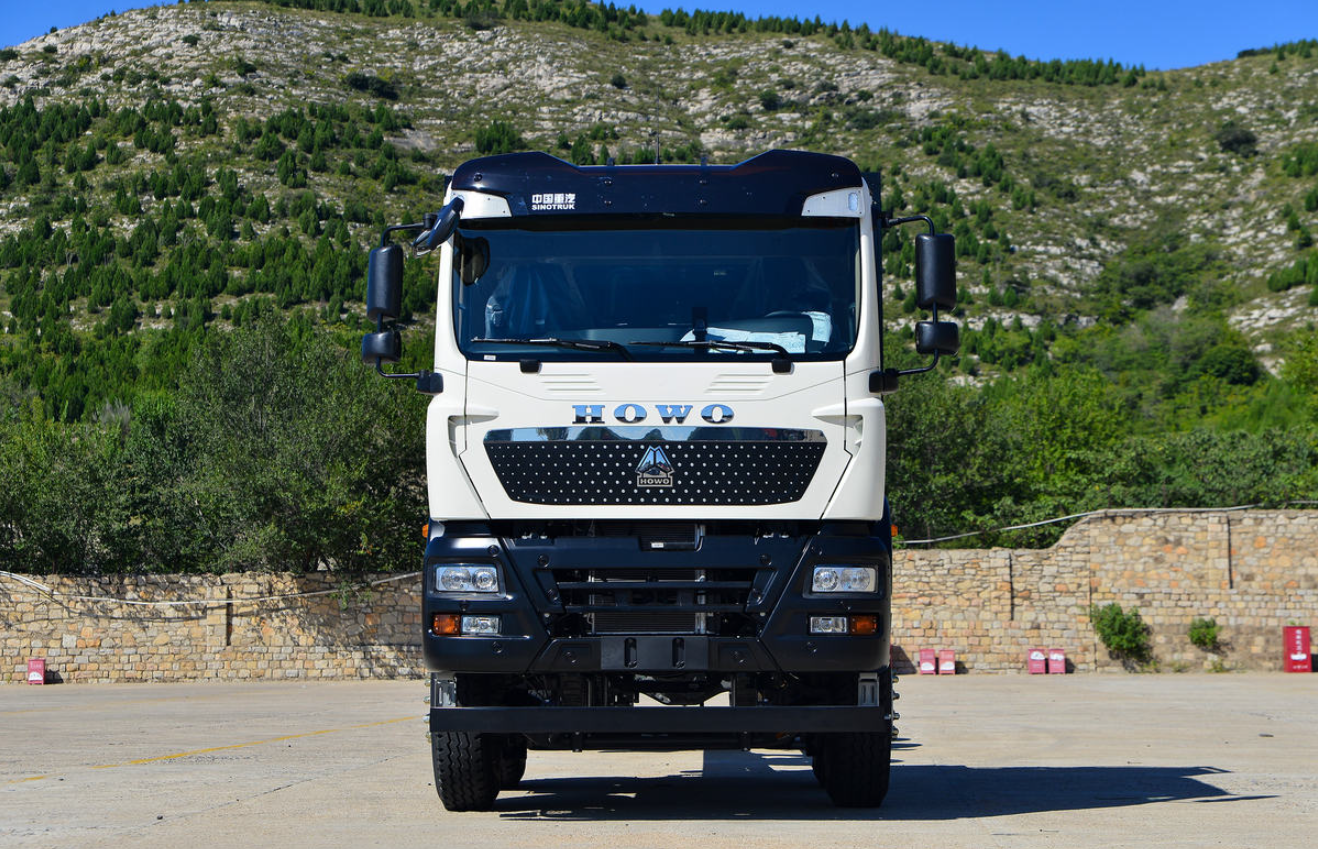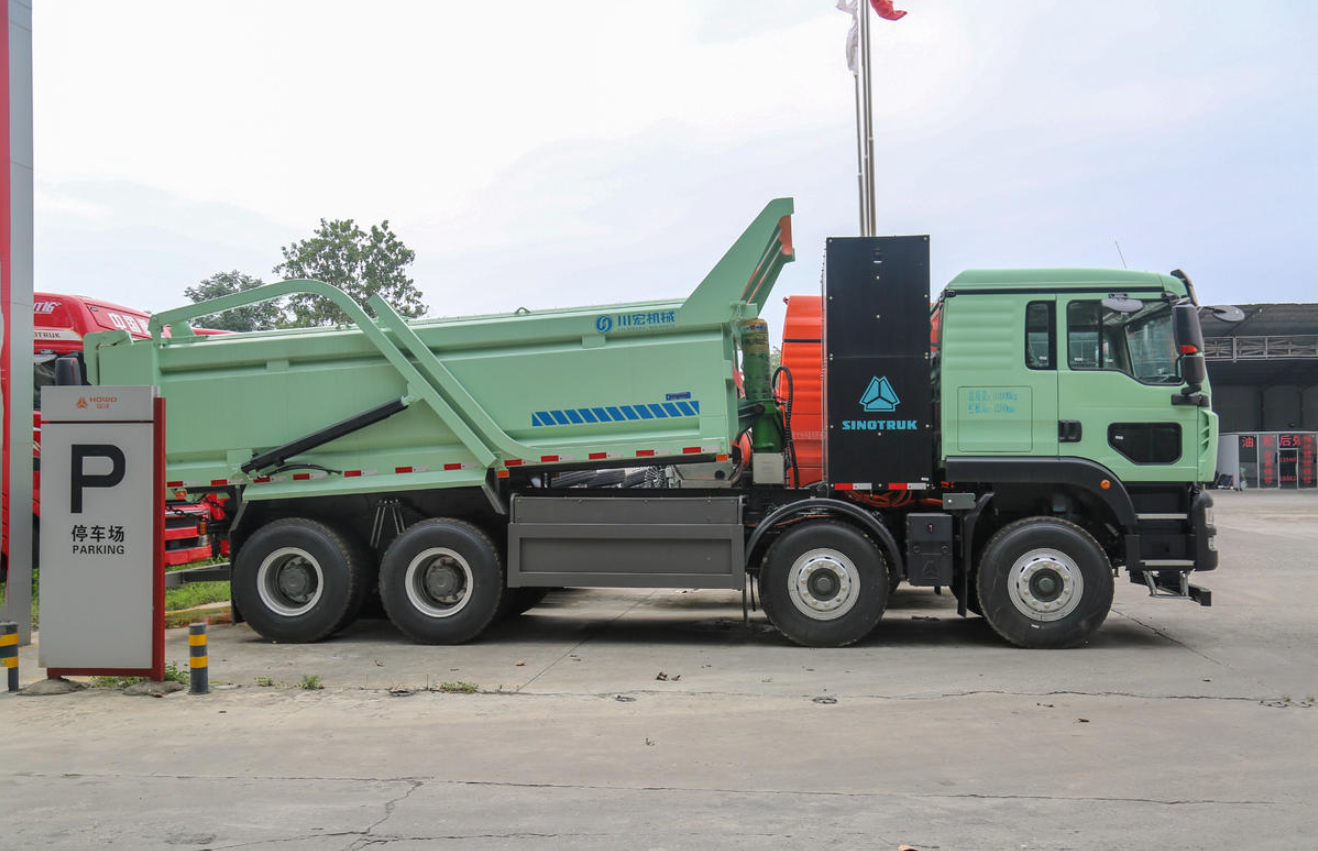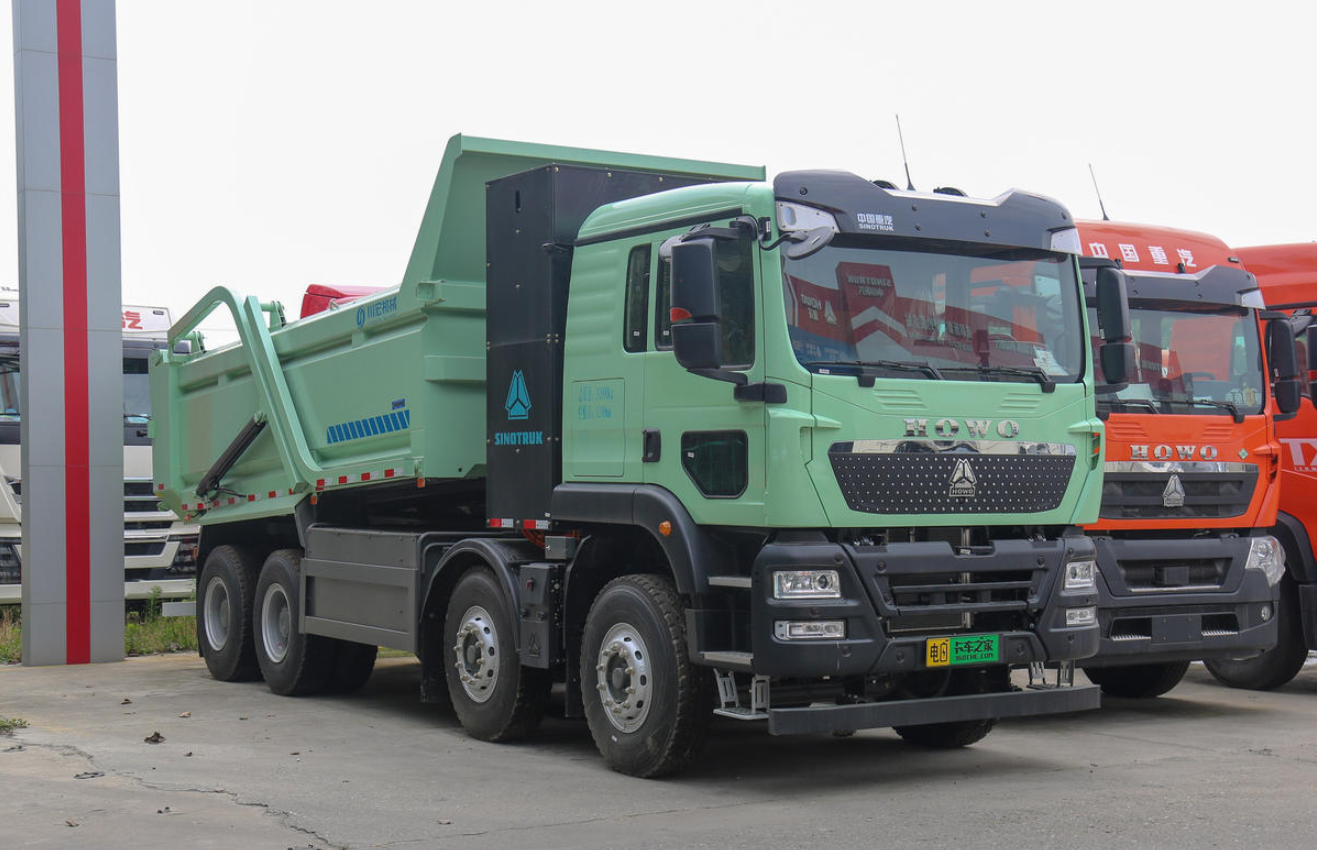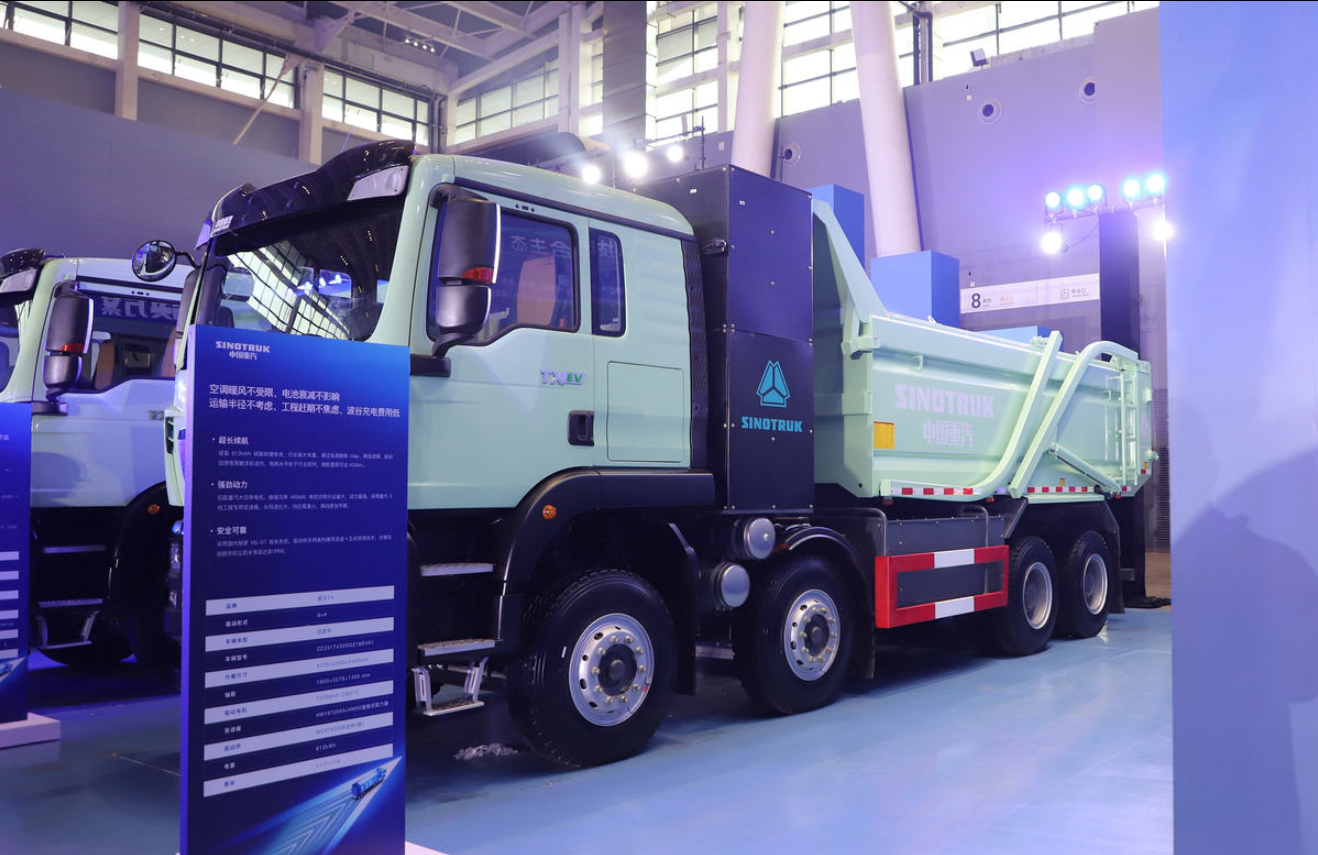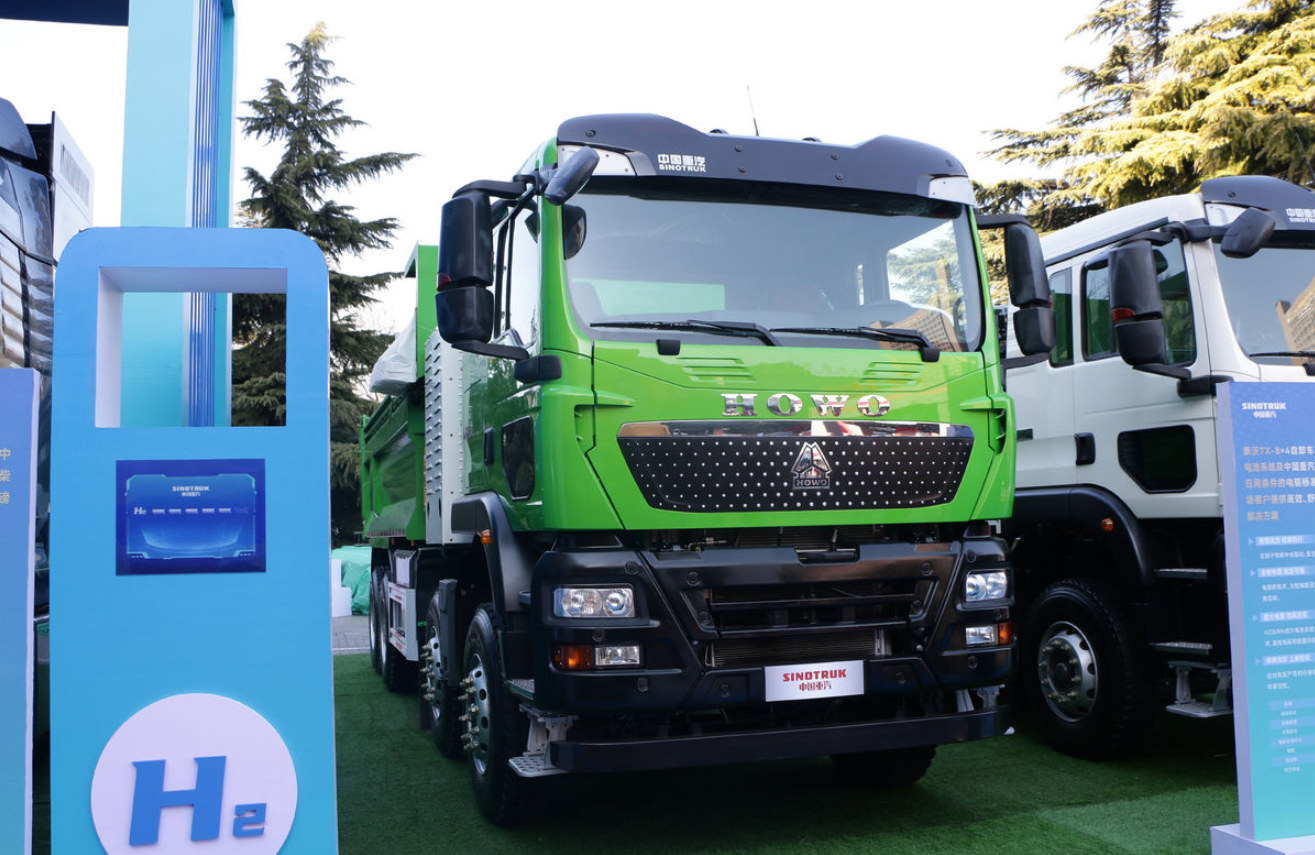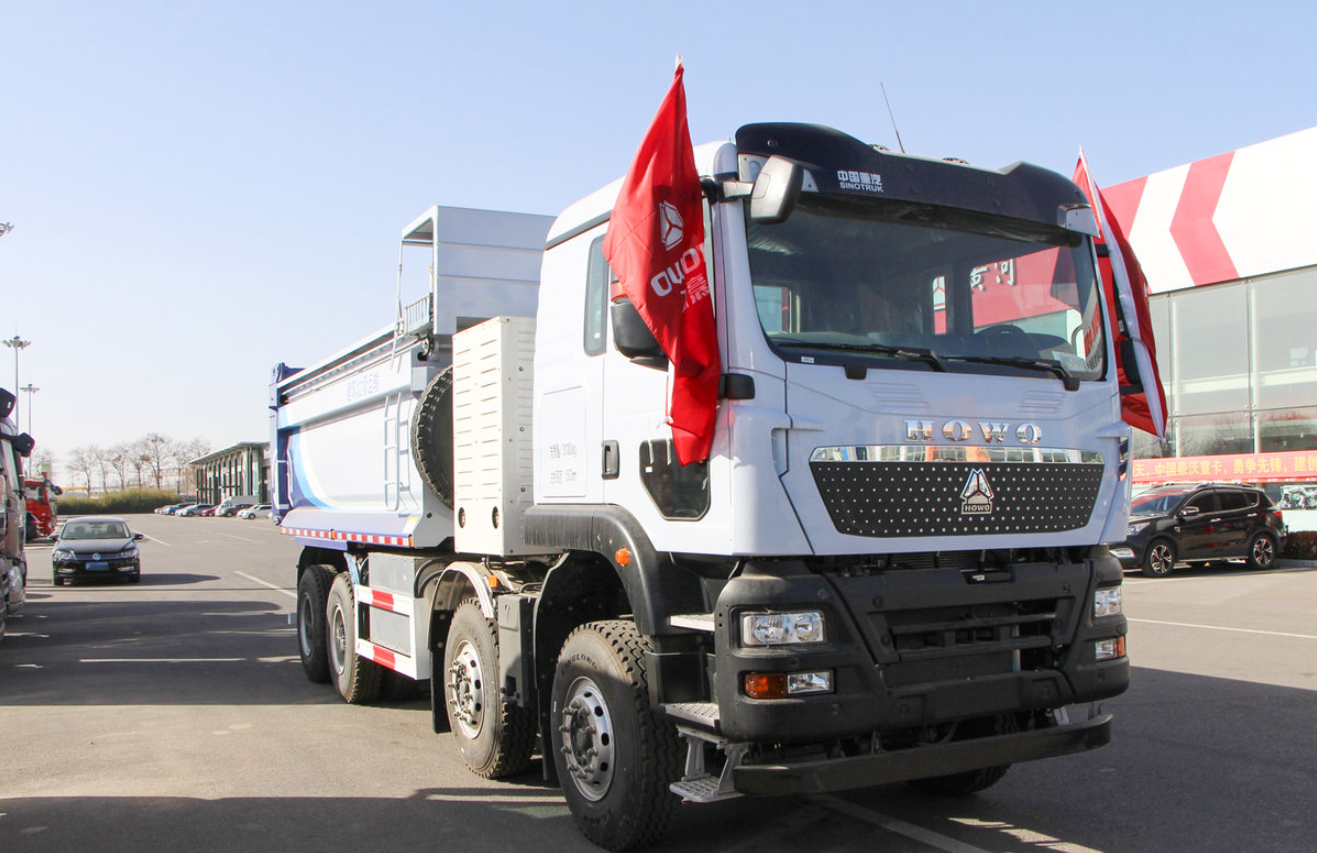Home page > list > news
The Rise of Intelligent Cruise Systems in China Trucks: ACC and PCC Technology Insights
In the dynamic landscape of the China truck industry, technological innovation is driving significant changes. The increasing demand for safer, more efficient, and comfortable transportation has led to the adoption of advanced technologies, with ACC (Adaptive Cruise Control) and PCC (Predictive Cruise Control) systems at the forefront.
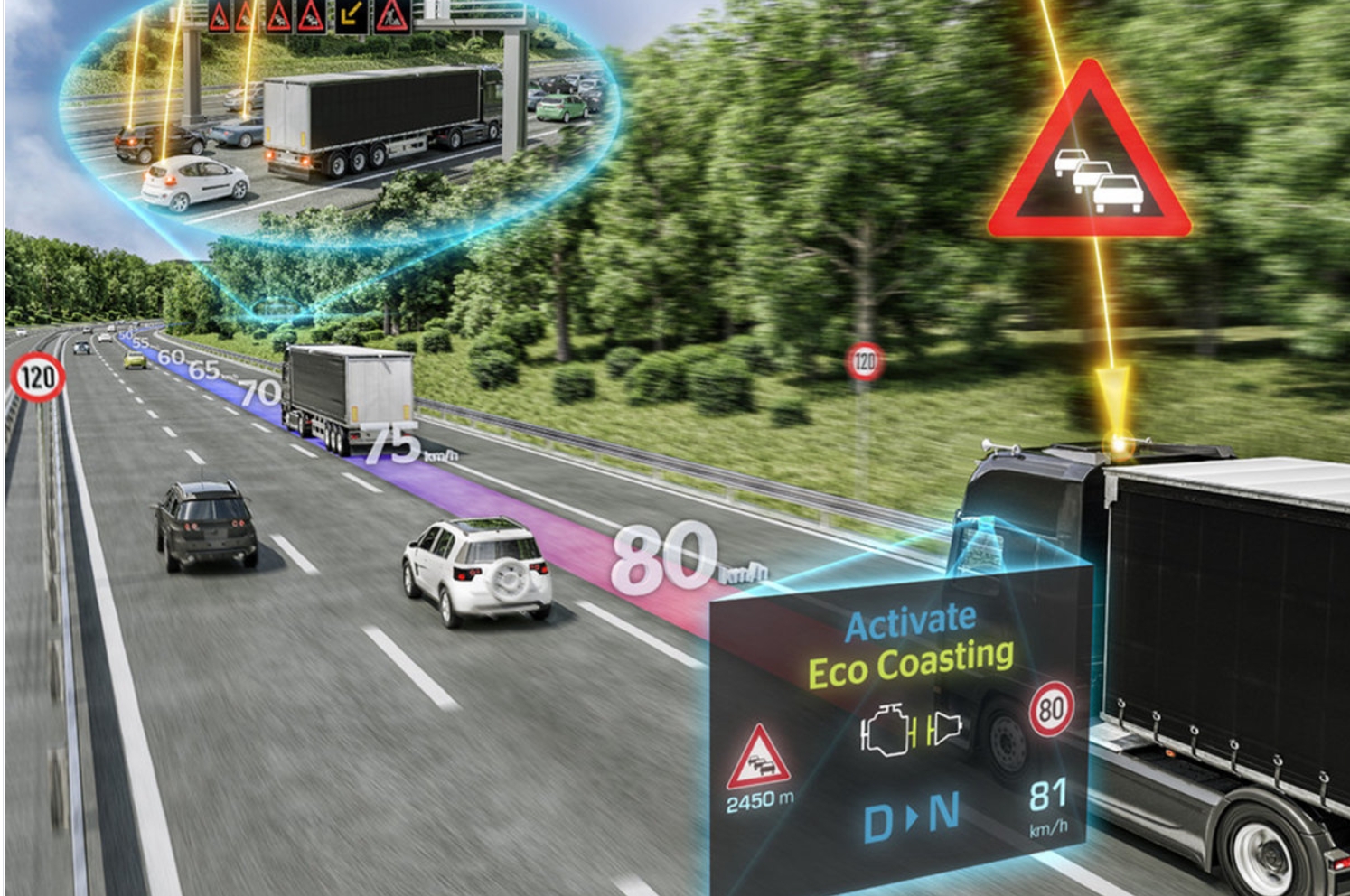
China's trucking sector is a crucial part of the country's logistics and economy. As trucks cover long distances and operate in diverse road conditions, the need for intelligent driving assistance has become more pressing. ACC and PCC systems are designed to meet these needs, offering a range of benefits for truck drivers and fleet operators.
The ACC system, an upgraded version of traditional cruise control, has been making waves in China's truck market. By using sensors like radars and cameras, it can monitor the distance and speed of the vehicle in front and automatically adjust the truck's speed to maintain a safe distance. This not only reduces the driver's workload but also enhances safety, especially on long - haul trips. For example, in the busy highways of China, where traffic conditions can vary greatly, ACC allows truck drivers to focus more on the road ahead, reducing the risk of rear - end collisions.
Taking the technology a step further, the PCC system represents the next - level advancement. By integrating navigation and map data, it can predict road conditions such as curves, slopes, and traffic congestion in advance. This enables the system to optimize the truck's speed and driving mode, resulting in better fuel efficiency and a smoother driving experience. In a country like China with a vast network of highways and varying terrains, PCC is a game - changer for long - distance trucking.
However, like any technology, ACC and PCC systems are not without their challenges. In China's complex road environment, issues such as system response time, adaptation to various weather conditions, and potential system misjudgments need to be addressed. Moreover, the high cost of these advanced systems and the need for regular maintenance can be a concern for some truck owners. But as technology continues to improve, these challenges are gradually being overcome.
Looking ahead, the future of cruise systems in China trucks is promising. Along with the widespread adoption of ACC and PCC, other innovative technologies such as the electronic horizon system, road information sharing system, and vehicle platooning system are emerging. The electronic horizon system provides detailed 3D road information, while the road information sharing system enhances safety by alerting drivers to potential hazards. Vehicle platooning, on the other hand, improves transportation efficiency and reduces fuel consumption.
In conclusion, the development of intelligent cruise systems in China trucks is a significant step towards a more efficient and safer transportation industry. As China continues to invest in automotive technology and infrastructure, these systems will play an increasingly important role in the country's trucking sector, contributing to its growth and competitiveness in the global market.
Submit purchase request
If you need vehicle configuration and quotation, please feel free to contact us
Whatsapp:+8615206750120
Email: 15206476328lulu@gmail.com
The vehicle price and configuration reference of Chinese domestic products, you need to consult local dealers for local purchase
- Submit









